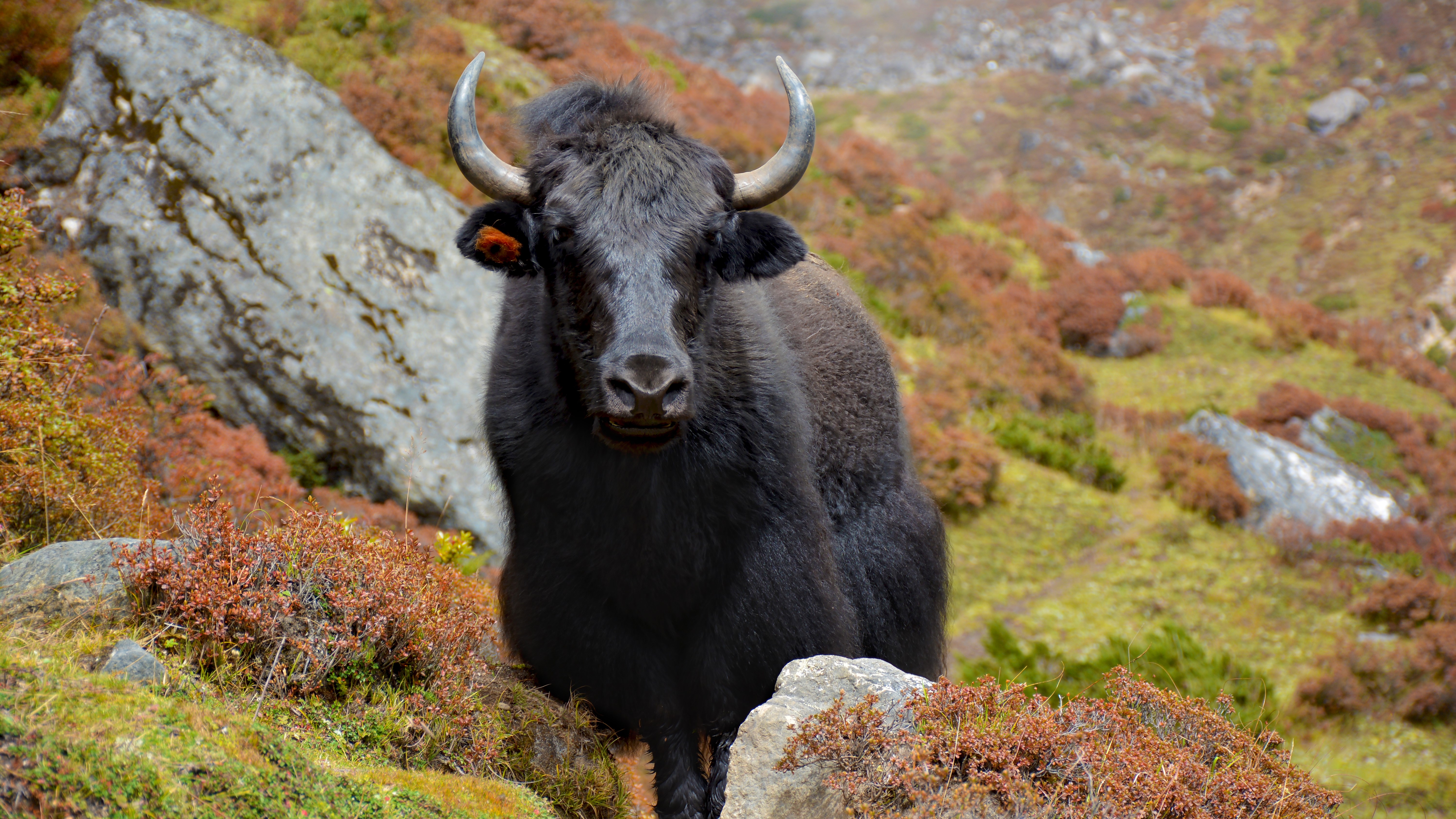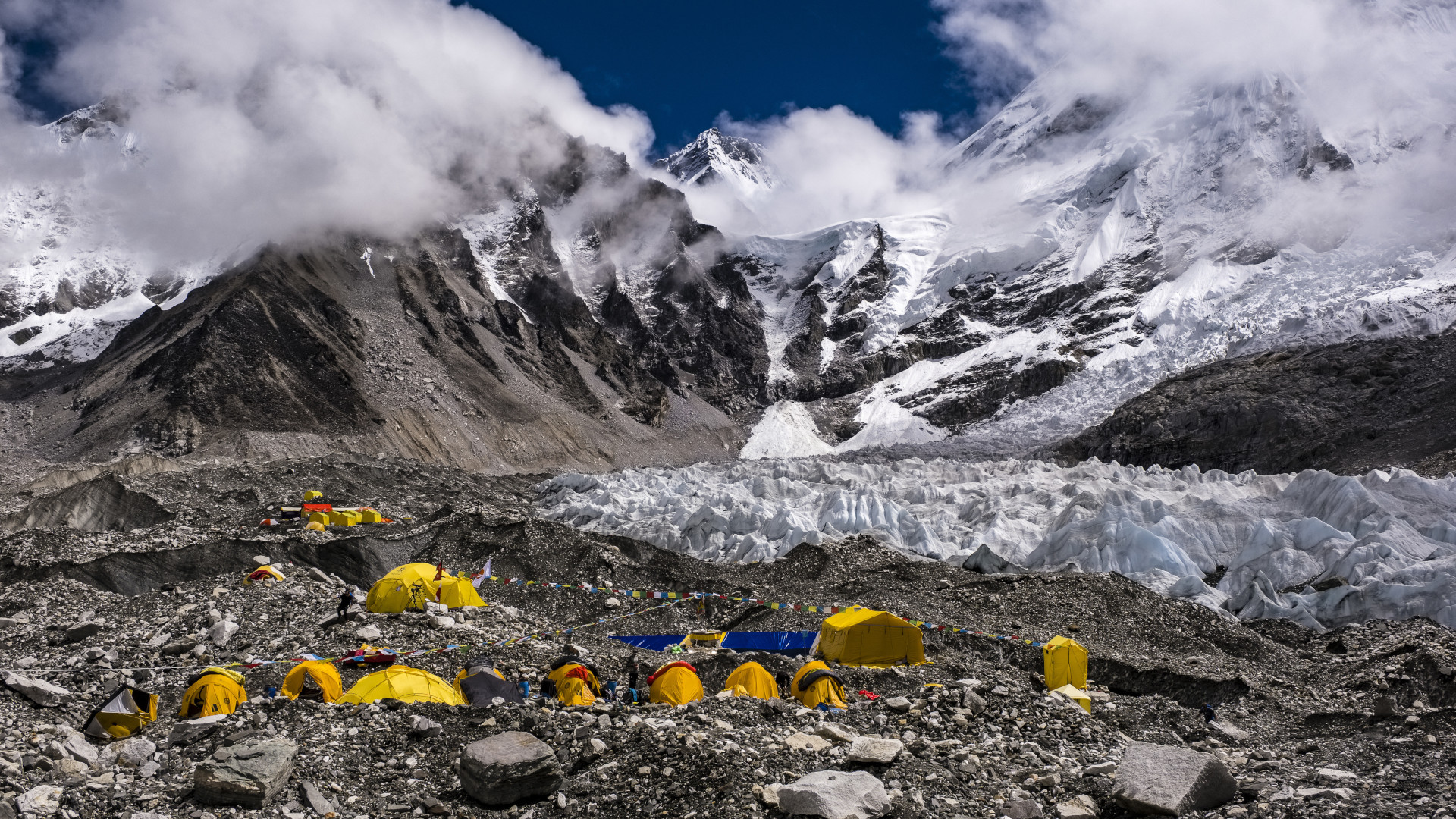
A British hiker who was on a charity trek to Everest’s base camp has managed to complete her mission after being attacked by a Yak and suffering a severe leg injury. Emma Keen had been preparing for the 14-day trek for over a year, which she was doing in support of Kidney Wales, when the incident occurred.
According to a report in Wales Online, Keen was on day four of the 80-mile trek when she stopped in the village of Tengboche and was showing her brother the Yak via FaceTime.
"Without warning I could hear the hoofs pounding towards me, a sharp stabbing pain in the top of my leg,” recalls Keen, who says she was around two meters (six feet) from the animal when it charged.
"It threw me up in the air around a meter and I landed back down with a thud.”
Keen reports that the yak was “dragging its hoof in the dusty ground” and had its horns down for another pass at her when she screamed for help and other group members came to her aid.

The yak’s horn had torn through Keen’s hiking leggings and pierced a deep hole in her leg, from which she was bleeding heavily. Fortunately, two first responders in her group were able to give her first aid until Sherpas organized a helicopter to airlift her to hospital. After receiving 10 stitches to the three-inch cut, Keen decided to rejoin the group and complete her trek on horseback for the last few days.
"It was important that I continue with the trek as it meant so much to me,” she explains of the charity that helped her mum find an anonymous kidney donor. According to her JustGiving page, Keen has worked for outdoors brand Helly Hansen for 25 years and the company supported this trip. Now, she reveals that another member of her family is reliant on their help.
"My brother Peter is currently on the transplant list desperately needing a kidney.”
Though the story ended well for Keen, it’s an important reminder to give all wildlife plenty of space, even when they seem docile. The yak is a long-haired, hooved ox-like mammal that is found at elevations of 14,000 - 20,000 feet in Nepal, Tibet, China, Mongolia and also in Central Asia. They are not typically aggressive animals, but it’s also not uncommon for them to charge if they feel threatened or are protecting their young. Whenever you encounter wildlife on any trail, stand well back and do not corner them or feed them. Learn more in our article on wildlife safety.







